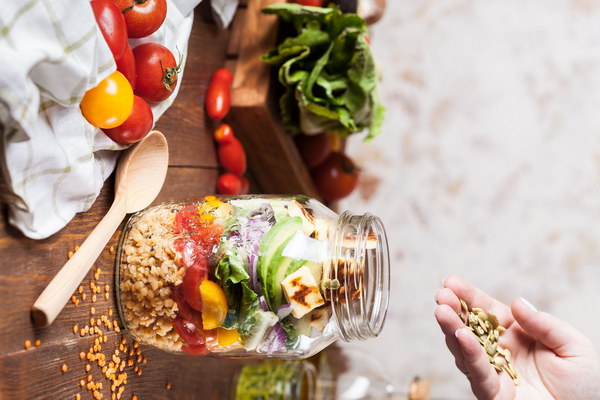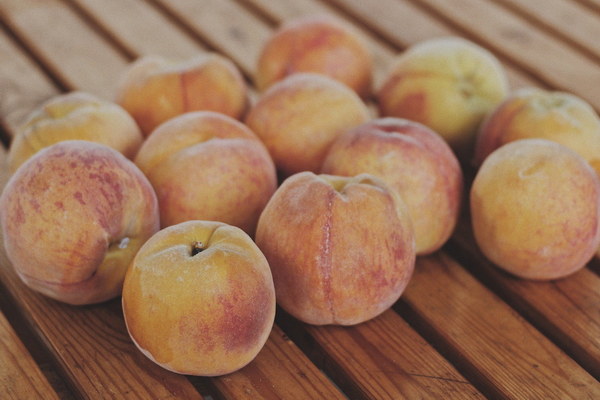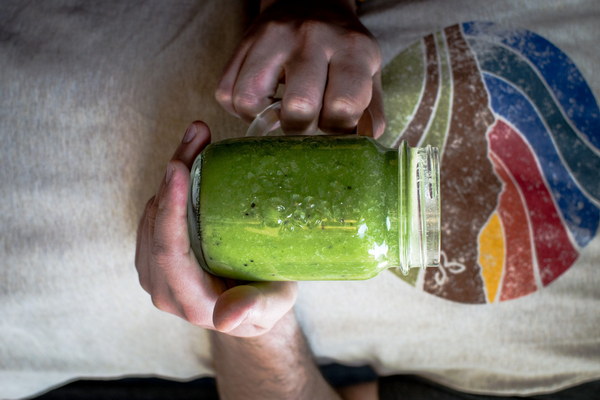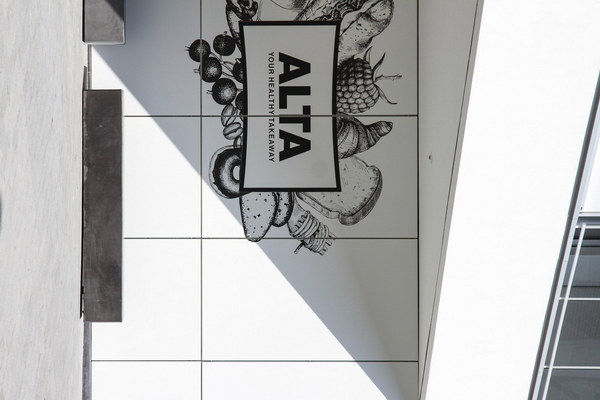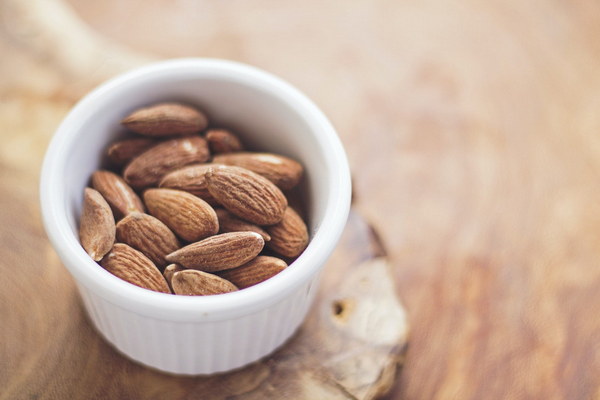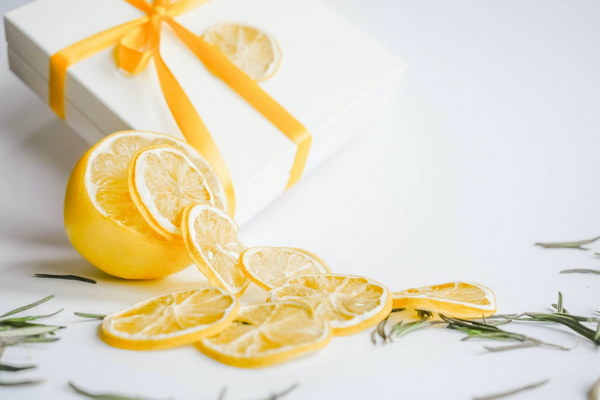Revitalize Your Cold and Damp Constitution with Traditional Chinese Medicine Diets
Introduction:
In traditional Chinese medicine (TCM), individuals with cold and damp constitutions are often prone to various health issues such as fatigue, joint pain, and digestive problems. To counteract these imbalances, TCM offers a holistic approach, including diet and lifestyle adjustments. This article will delve into the concept of cold and damp constitution, and provide you with valuable insights on how to nourish your body with specific herbal and dietary remedies.
Understanding Cold and Damp Constitution:
A cold and damp constitution refers to a TCM concept where the body is susceptible to cold and dampness, leading to various health issues. This constitution is often characterized by symptoms such as cold hands and feet, joint pain, fatigue, and a tendency to catch colds. The root cause of this imbalance is often related to poor diet, lack of exercise, and exposure to cold and damp environments.
Herbal Remedies for Cold and Damp Constitution:
1. Astragalus (Huang Qi):
Astragalus is a well-known herb in TCM, known for its immune-boosting properties. It helps to expel cold and dampness from the body, thereby alleviating symptoms associated with this constitution. Astragalus can be taken in the form of capsules, tea, or added to soups and stews.
2. Cinnamon (Rou Gui):
Cinnamon has warming properties that help to dispel coldness and improve circulation. It is often used in combination with other herbs to treat cold and damp constitution. You can add cinnamon sticks to your tea or sprinkle it on your breakfast porridge.
3. Licorice Root (Gan Cao):
Licorice root is a versatile herb that helps to harmonize the body's Yin and Yang energies. It has a sweet, warming nature, making it an excellent herb for balancing a cold and damp constitution. Licorice root can be consumed in the form of tea or added to soups and stews.
Dietary Recommendations for Cold and Damp Constitution:
1. Warm and Spicy Foods:
Incorporate warm and spicy foods into your diet, such as ginger, garlic, and red pepper. These foods help to dispel cold and dampness, thereby alleviating symptoms associated with this constitution.
2. Avoid Cold and Raw Foods:
Minimize the intake of cold and raw foods, such as ice cream, salads, and uncooked vegetables. These foods can exacerbate the cold and dampness in your body.
3. Soups and Stews:
Prepare soups and stews with warming herbs and ingredients, such as astragalus, cinnamon, and ginger. These dishes can help to nourish your body and improve your overall health.
4. Proper Hydration:

Stay hydrated by drinking warm liquids, such as herbal teas and broths. This will help to eliminate dampness from your body and keep you feeling energized.
5. Dietary Supplements:
Consider incorporating dietary supplements, such as turmeric, ginger extract, and vitamin D, into your daily routine. These supplements can provide additional support for your cold and damp constitution.
Conclusion:
By incorporating herbal remedies and dietary adjustments, you can effectively nourish your body and alleviate symptoms associated with a cold and damp constitution. Remember to consult with a qualified TCM practitioner before making any significant changes to your diet or lifestyle. With the right approach, you can achieve a balanced and harmonious state of health.
